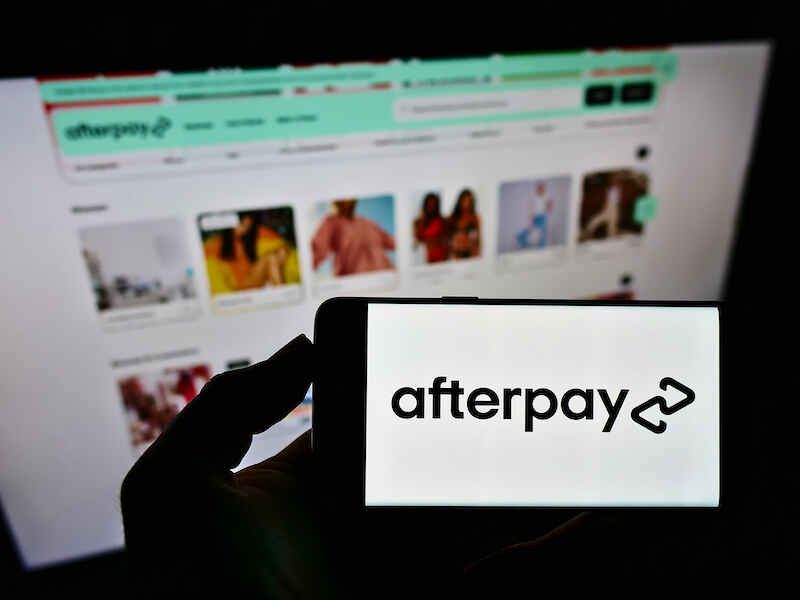27
October 2021
Government Unveils Proposed Regulations for Buy Now, Pay Later
Under newly proposed regulations, shoppers will face creditworthiness assessments before signing up to buy now, pay later (BNPL) agreements and will be able to take complaints about the service to the independent Financial Ombudsman Service.
In February this year, the Treasury announced the sector would be brought under the formal oversight of the Financial Conduct Authority (FCA), which regulates other forms of credit. This decision was made following an FCA review of the sector, which found both explosive growth and “significant potential for consumer harm.”
Now the Treasury has finally published proposed regulations, which will be examined in a consultation over the next few months.
Under the proposals, BNPL providers like Klarna, Clearpay and Afterpay will be required to conduct creditworthiness assessments of customers before offering them financing, to prevent users from taking on debts they can’t afford. This change follows the FCA’s revelations that more than one in 10 customers of a major bank who use BNPL products are already exceeding their overdraft limits and that customers can easily accrue thousands of pounds of debt with separate BNPL providers.
BNPL providers will also be bound by standardised rules to treat customers in financial difficulty fairly. While some BNPL firms already have rules in place to support customers in financial difficulty, these aren’t consistent.
Under government plans, BNPL providers will be governed by rules similar to those that guide credit card and loan providers, including the requirement to treat customers in financial straits with “forbearance and due consideration.” This might involve reducing or suspending future interest or charges, accepting token payments for a period of time to help customers recover from unexpected income shocks, or deferring the payment of arrears.
Additionally, BNPL users will gain the option to take complaints about the products to the independent Financial Ombudsman Service, a change that will create “greater consumer protection.”
Section 75 protections will also apply to the purchases through BNPL, as they do to credit card purchases. Under Section 75 of the Consumer Credit Act, for transactions between £100 and £30,000 made on credit cards, the card provider is jointly liable if something goes wrong. The government notes that some BNPL providers already have their buyer protection schemes but believes the protection should be standardised and statutory.
Additionally, BNPL all advertisements should be approved by the Advertising Standards Authority (ASA) or the Committees of Advertising Practice. While some guidelines are already in place, including a requirement put in place last December by the ASA that BNPL providers make clear that repayment plans are a type of debt, the government says more oversight is needed.
A spokesperson for the Treasury said: "Buy now, pay later can be a helpful way to manage your finances, so it's important that regulation is balanced and proportionate, ensuring that customers are given appropriate protections without unduly limiting the availability and cost of a useful financial product.”
Klarna, the UK’s largest BNPL provider, said it welcomed regulation of the sector, which it said will “drive consistency and improve outcomes for all consumers.” The £33 billion Swedish fintech company last week sought to get ahead of the crackdown by independently introducing stronger credit checks and language that makes it “absolutely clear” that Klarna is a type of credit.
Meanwhile, a freshly announced strategic partnership between Klarna and Stripe, which helps businesses accept payments online, will bring BNPL agreements to even more internet checkouts.





